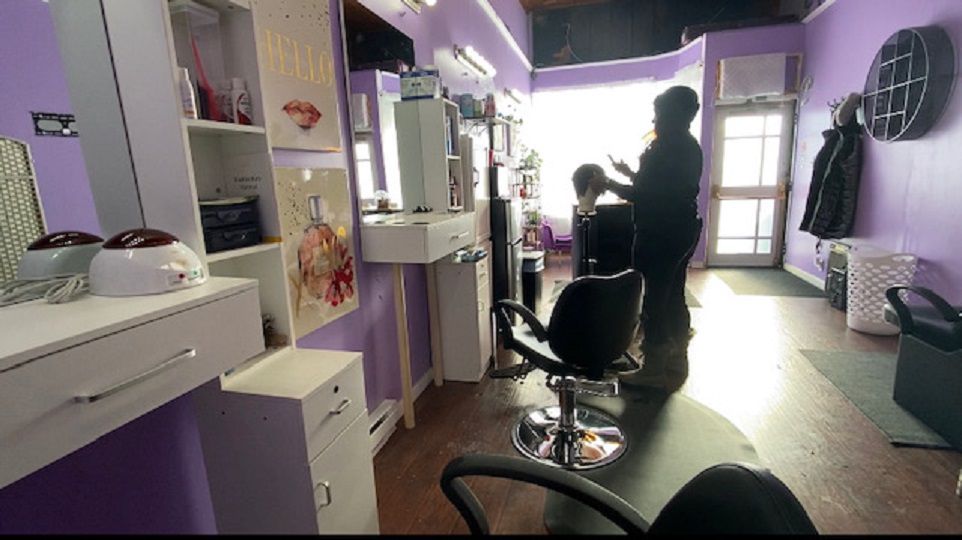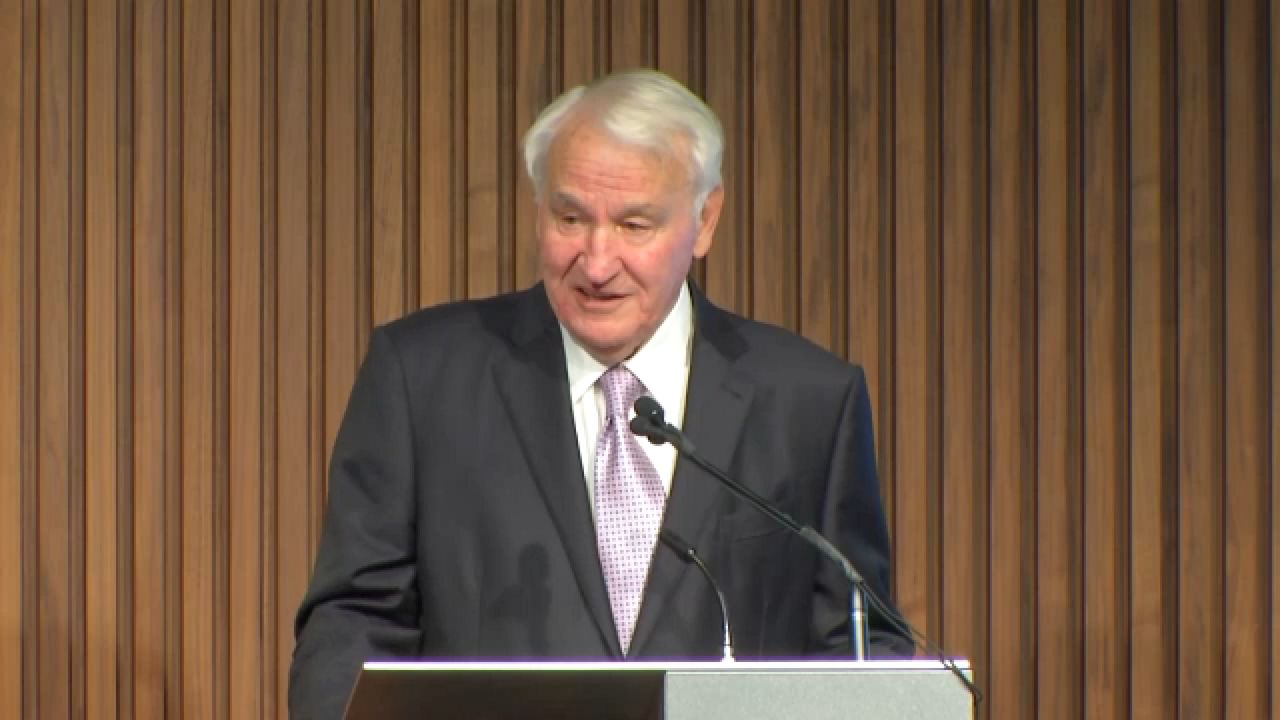BUFFALO, N.Y. — For Buffalo resident Candice Crosby, doing hair is serious business.
“I’ve been in business for years as a booth renter but I recently my own business," she said.
A hairdresser for more than a decade, she recently earned enough to open her own shop at 175 Hodge St. but says the challenges left her more dependent on credit than ever.
“I use the majority of my credit cards to keep things flowing in with products, supplies and things like that,” Crosby said.
Crosby says it was especially difficult getting off the ground during the height of the pandemic.

“During that time, a lot of people were getting PPP loans or assistance from the government, and I didn’t receive any of that, so from my savings account to my credit cards, those are the things I used to stay afloat,” said Crosby.
Dependency on credit cards is where experts say the trouble begins. With high-interest rates compounded with late fees, some people may find it difficult to play financial catch-up.
Financial Advisor Sonja Jensen-Schell of Edward Jones says there are effective ways to bring down your debt. She says the first step is simply knowing what your credit looks like and what your interest rates are so you can pay down the ones with the highest interest rates first.
“It’s kind of a five-step process you start with looking at where you are because you can't fix it until you know what your situation is," said Jensen-Schell. "So write everything down and be aware of what you owe who you owe it to and how much you're paying to borrow that money."
Next, try paying off more than your minimum payment. Take a hard look at the money you have coming in versus what you absolutely need to pay every month.
“The most important thing is getting control of the discretionary income," Jensen-Schell said. "The difference between what you make and what you must spend is that money that's left over. When you get control of that and start directing it toward your goals, whether it be an emergency fund, paying off debt or investing, that’s the money that gives you financial power.”
Jensen-Schell also recommends not to max out your cards. Instead, try to spread the charges out over different cards as evenly as possible.
"It's important not to keep other cards at a maximum amount because they look at how much you are using of the debt you have available," Jensen-Schell said. "And so to improve your credit report you may want to get everything paid down somewhat equally so that you're only at about half or three quarters instead of having one thing maxed out and another at zero.”
Last, talk to a professional to help you make a plan that best fits into your budget.
"Sometimes the math can get complicated and that’s where talking to a financial advisor or someone at a bank might really help you,” Jensen-Schell said.
Talking with a local bank is how Crosby said she was able to start to free herself from debt. And while she’s not exactly at her goal, she says she's overjoyed she took the steps to educate herself about how to get her credit back on track and reach the road to financial freedom.
“I’m not actually at the place I want to be but I feel a lot better because I’m able to borrow against someone else’s money and make those payments to get what I need,” Crosby said.









